Canakinumab drug aliquots can be used for in vitro or in vivo experiments. Several other reference drugs are also available.
The drug aliquots are generated by aliquoting (dividing and repackaging) the EU-licensed reference drug.
Canakinumab drug aliquots can be used for in vitro or in vivo experiments. Several other reference drugs are also available.
The drug aliquots are generated by aliquoting (dividing and repackaging) the EU-licensed reference drug.

Find and order your therapeutic molecules through smart filters

Up to 10 batches of original drugs for examining batch-to-batch variations

Up to 80% less compared to the original pharmaceutical price

Shipment within days worldwide according to GDP-standards

Up to 80% less compared to the original pharmaceutical price
| Drug name | Ilaris® |
| INN | Canakinumab |
| API type | Monoclonal antobody |
| Pharmacotherapeutic group | Immunosuppressants, interleukin inhibitors |
| ATC code | L04AC08 |
| Target of antibody | IL-1 beta |
| General function | |
| Short description | Canakinumab is indicated for the treatment of the following autoinflammatory periodic fever syndromes in adults, adolescents and children aged 2 years and older: Cryopyrin-associated periodic syndromes (CAPS), Tumour necrosis factor receptor-associated periodic syndrome (TRAPS), hyperimmunoglobulin D syndrome (HIDS)/mevalonate kinase deficiency (MKD), Familial Mediterranean fever (FMF), Still’s disease, Gouty arthritis. |
| Pharmacodynamic properties (Mechanism of action; Source EMA document) | Canakinumab is a human monoclonal anti-human interleukin-1 beta (IL-1 beta) antibody of the IgG1/κ isotype. Canakinumab binds with high affinity specifically to human IL-1 beta and neutralises the biological activity of human IL-1 beta by blocking its interaction with IL-1 receptors, thereby preventing IL-1 beta-induced gene activation and the production of inflammatory mediators. |
| Pharmacodynamic properties (Pharmacodynamic effects; Source EMA document) | The peak serum canakinumab concentration (Cmax) occurred approximately 7 days following single subcutaneous administration of 150 mg in adult CAPS patients. The mean terminal half-life was 26 days. Mean values for Cmax and AUCinf after a single subcutaneous dose of 150 mg in a typical adult CAPS patient (70 kg) were 15.9 µg/ml and 708 µg*d/ml. Canakinumab binds to serum IL-1 beta. The distribution volume (Vss) of canakinumab varied according to body weight. It was estimated to be 6.2 litres in a CAPS patient of body weight 70 kg. The apparent clearance (CL/F) of canakinumab increases with body weight. It was estimated to be 0.17 l/d in a CAPS patient of body weight 70 kg and 0.11 l/d in a SJIA patient of body weight 33 kg. After accounting for body weight differences, no clinically significant differences in the pharmacokinetic properties of canakinumab were observed between CAPS and SJIA patients. |
| Original license holder | Novartis Europharm Limited Vista Building Elm Park, Merrion Road Dublin 4 Ireland |
| Marketing authorisation numbers | EU/1/09/564/001-002 |
| Marketing authorisation holder | Novartis Europharm Limited Vista Building Elm Park, Merrion Road Dublin 4 Ireland |
| Name of the manufacturer of the biological active substance | Novartis Pharma S.A.S. Centre de Biotechnologie 8, rue de l’Industrie 68330 Huningue France |
| Name and address of the manufacturer(s) responsible for batch release | Novartis Pharma GmbH Roonstrasse 25 D-90429 Nürnberg Germany |
| Max shelf life | 3 years |
| Storage conditions | 2-8 °C |
| List of excipients | Sucrose Histidine Histidine hydrochloride monohydrate Polysorbate 80 |
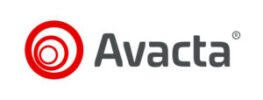

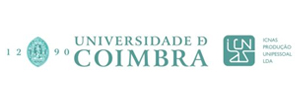
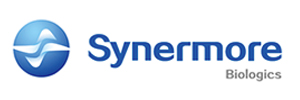

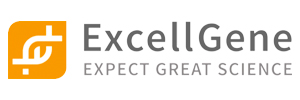

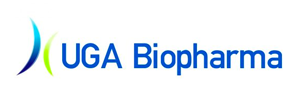
Evidentic offers multiple batches of original drug aliquots in low binding Eppendorf tubes for research use only. We provide licence-free drug aliquots with long, short or even “negative shelf life” by storing the products at recommended temperatures (either 2-8°C or -80°C) and ensuring fully functional molecules for research purposes.
Evidentic GmbH
Martin-Buber-Str. 10
14163 Berlin